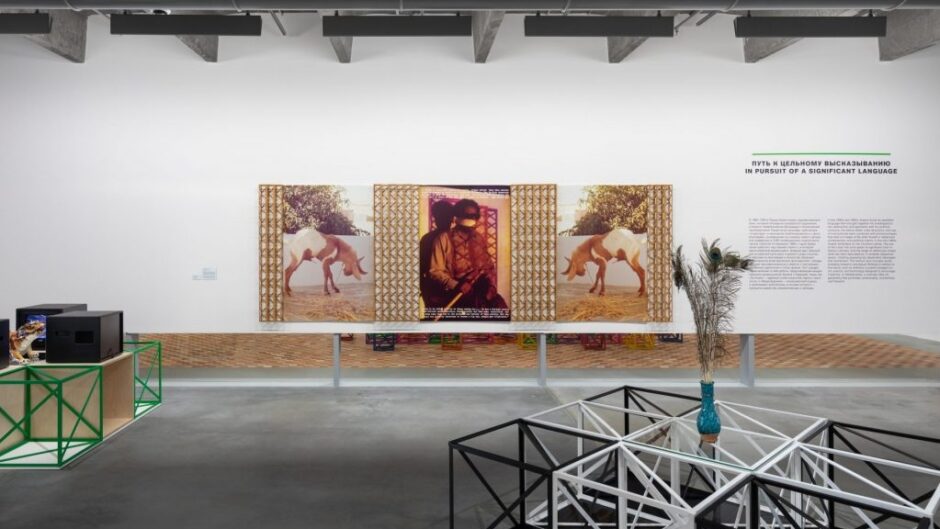This MA course seeks to redefine Conceptual art as the last coherent international avant-garde movement, and as a starting point for different contemporary artistic practices. While the term `avant-garde’ suggests a range of artistic, social and political meanings during the twentieth-century, to study contemporary art today means to understand continuity of the modern or, rather, avant-garde project, as well as the shift from the classical avant-garde to the contemporary. The dominance of Western European paradigms for the study of Conceptual art will be challenged (Conceptualism in America and England, together with contributions from such as Hans Haacke or Piero Manzoni). Special attention will be given to Eastern European and Latin American practices, while the distinct phenomenon of `Moscow Conceptualism’ – a term first used in 1979 by Boris Groys – will be considered as the point of origin for a post-Soviet international art (see Moscow Conceptualism, Schirn Kunsthalle, Frankfurt, 2008). The circulation of structuralist discourses originating in Russian formalism (Jakobson), revitalised in the post-1945 context via French thought (Lévi-Strauss, Barthes, Foucault) will be seen to offer an interpretative tool. Superseding the classic discourse of Cold War antagonisms – the USSR, China and their fields of influence versus late capitalist developments – a unified field of research will be considered as a discursive field within a broader system of international relations and cultural values, with their continuities, breaks and asynchronic developments.
Course Leader: Professor Sarah Wilson
In the event that a course leader is on sabbatical, takes up a fellowship, or otherwise is not able to teach the course, they will be replaced by another experienced course leader either for a semester or, in some cases, the academic year.
Please note: whilst many Special Options will include site visits within the UK and further afield, these are subject to confirmation.
